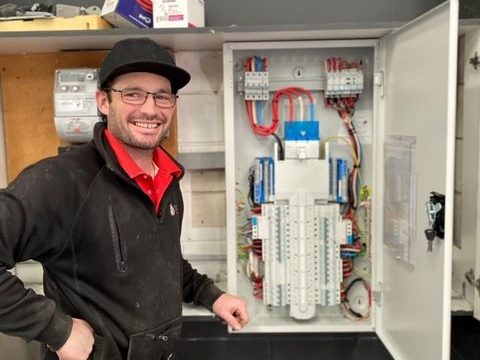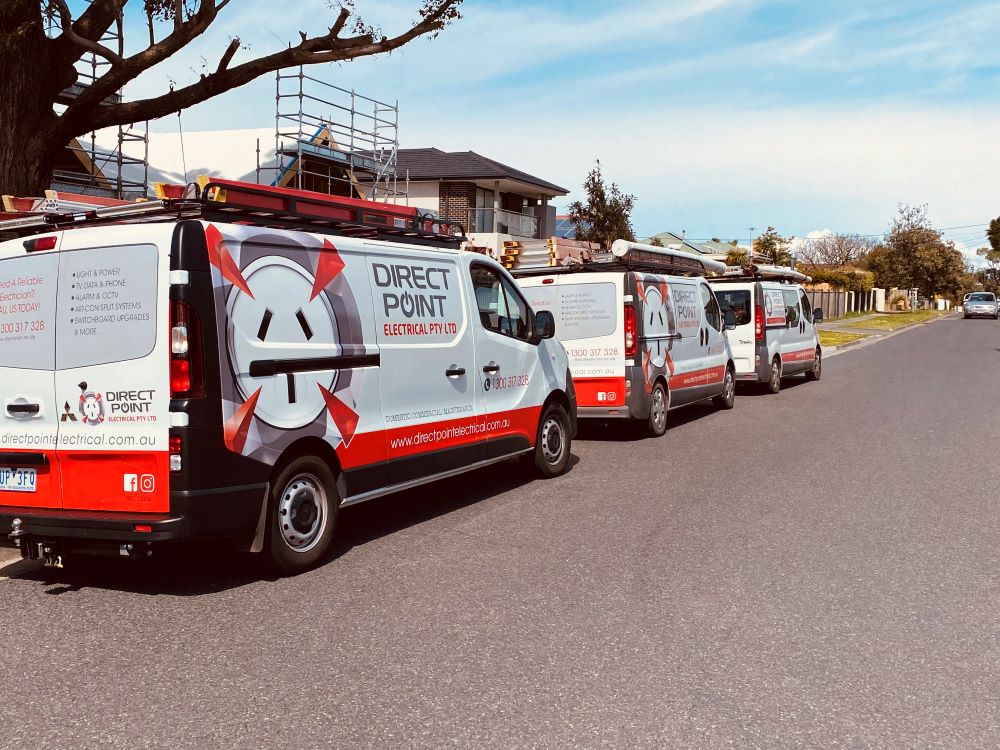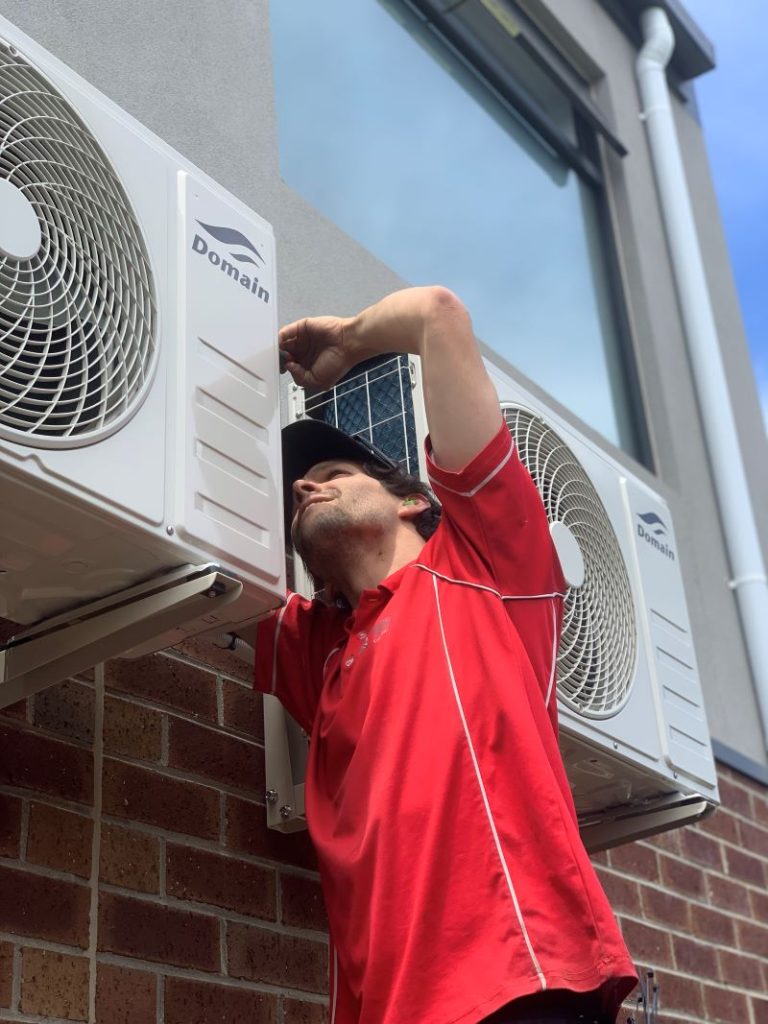Comprehensively Understanding the Significance of Electrical Safety Inspections for Your Home's Well-Being
An electrical safety inspection is a thorough evaluation of your home’s wiring, switchboard, outlets, and safety devices. This essential assessment guarantees compliance with the Australian Standard AS/NZS 3000 and identifies potential hazards, such as overloaded circuits, faulty wiring, or missing safety switches. Conducted by qualified electricians, these inspections are vital for preventing dangers like electric shocks, catastrophic fires, and damage to your valuable electrical appliances, ensuring the safety and security of your household environment.

Crucial Electrical Safety Inspections Every Responsible Homeowner Should Schedule
Many homeowners mistakenly assume that their home’s electrical system is operating efficiently until a significant issue arises. However, how can you be certain that your wiring is not deteriorating behind the walls, and can you trust that your switchboard is functioning properly without overheating? Regular electrical safety inspections are not merely precautionary measures; they are essential, especially in older neighbourhoods like Narre Warren and Rowville. Given that numerous homes in these areas are over 40 years old, the original switchboards often require replacement. Whether you are buying, selling, renovating, or simply haven’t had an inspection conducted in years, understanding the inspection process and its importance is crucial for ensuring the safety and integrity of your home.
In-Depth Breakdown of the Components Involved in an Electrical Safety Inspection
An electrical safety inspection involves a meticulous examination of your property's entire electrical infrastructure. A certified electrician will assess the condition, compliance, and operational efficiency of:
- Wiring and cable insulation
- Power outlets and light switches
- Switchboard and circuit breakers
- Residual Current Devices (RCDs) or safety switches
- Earthing and bonding systems
- Appliance connections and load capacity
- Smoke alarm wiring (if hardwired)
- External weatherproofing of outdoor circuits
At Direct Point Electrical, we strictly adhere to all relevant legislation and guidelines, including the AS/NZS 3000:2018 Wiring Rules, Energy Safe Victoria standards, and Victorian Rental Tenancy Regulations, ensuring your home is both safe and compliant with current safety standards.
The Critical Need for Electrical Inspections in Older Homes
Residences constructed prior to 1990 often utilised outdated wiring methods, including rubber-insulated or aluminium cabling. Over time, these materials can deteriorate, particularly in areas frequently exposed to heat or moisture. If your home has not undergone rewiring or an inspection in over 20 years, scheduling a safety inspection becomes undeniably essential. We frequently encounter serious issues, such as:
- Non-earthed outlets
- Oversized fuses
- Lack of smoke alarms
- Circuits without RCDs
- Undersized cabling for contemporary electrical loads
These concerns pose significant risks that can jeopardise both your home and personal safety, making timely inspections absolutely indispensable for peace of mind and security.
Optimal Scheduling for Your Electrical Inspection: When to Get It Done
- Before purchasing or selling a property: This is often required by lenders and is a wise step for maintaining buyer due diligence.
- Prior to renovations or major appliance upgrades: Ensuring electrical safety before modifications is critical for preventing future issues.
- After experiencing flood, storm, or fire damage: Timely inspections help uncover any newly developed hazards.
- If your home is over 25 years old: Regular checks are crucial for older properties to maintain safety standards.
- As a landlord, during the preparation of a rental property: Compliance and safety checks are paramount for tenant safety.
Since March 2021, landlords in Victoria are required to conduct electrical safety checks every two years, in compliance with the Residential Tenancies Regulations 2021, ensuring that rental properties adhere to safety standards.
For further information, please visit: Victorian Government Consumer Affairs.
Comprehensive Step-by-Step Process of the Electrical Safety Inspection
Our licensed electricians carry out a detailed walkthrough and evaluation of all accessible electrical systems, which includes:
- Testing every socket and switch for faults and irregularities
- Checking polarity and voltage across all outlets
- Verifying the presence and operational effectiveness of RCDs
- Inspecting the switchboard layout, protection mechanisms, and proper labelling
- Utilising thermal imaging to detect any overheating components (when necessary)
- Conducting earth loop impedance testing for safety compliance
- Documenting any illegal or DIY wiring found during the inspection
Upon completion of the inspection, you will receive a detailed written report outlining:
- Existing hazards identified during the inspection
- Compliance status with relevant regulations
- Urgent repair needs (if applicable)
- Recommended upgrades for improved safety
- Options for enhancing overall safety in your electrical system
Additionally, we provide a Certificate of Electrical Safety (COES) for any rectification work performed during the inspection, ensuring you have peace of mind regarding your electrical safety.
Actionable Steps to Take if Your Home Does Not Pass the Electrical Inspection
There’s no need for alarm if your home fails the inspection. Many properties we evaluate require only minor improvements, such as adding an RCD, replacing a few worn outlets, or rectifying an overloaded circuit. If we uncover significant issues (for instance, non-earthed wiring or an outdated switchboard), we will prioritise addressing safety risks and present you with a clear, fixed quote for necessary repairs. For further details on our approach to updates, please visit our electrical services page, where you can learn more about our solutions.
Understanding the Duration of an Electrical Safety Inspection
The duration of most inspections typically ranges from 1.5 to 2.5 hours, depending on the size and accessibility of the property. If you reside in a double-storey or split-level home, or possess extensive outdoor power systems, the duration may vary slightly to ensure a comprehensive assessment is thoroughly conducted without overlooking critical details.
Financial Advantages of Regularly Scheduling Electrical Safety Inspections
Failing to identify underlying issues such as leaking current, loose neutral connections, or improperly loaded circuits can lead to significant repercussions, including:
- Increased power bills that strain your budget
- Reduced lifespan of your appliances, resulting in more frequent replacements
- Risk of costly repairs if problems remain undetected
Moreover, recognising faults early shields you from potential financial burdens and legal ramifications associated with an electrical fire or injury claims, particularly if you are a landlord responsible for maintaining safe living conditions for tenants.
Common Questions Regarding Electrical Safety Inspections Addressed
What distinguishes a safety inspection from an energy audit?
A safety inspection is focused on pinpointing hazards and ensuring compliance with safety codes, whereas an energy audit assesses energy efficiency and offers recommendations for reducing energy consumption, which is an entirely different focus.
Should I turn off the power during the inspection?
It is not always necessary to turn off the power. Some tests may require brief disconnections, but the majority of the inspection can be carried out with the power on, allowing for thorough testing without prolonged interruptions.
Will I face fines if I neglect safety checks?
If you are a landlord, the answer is yes. Under the Residential Tenancies Act, failing to conduct bi-annual safety checks can lead to fines or complications with rental listings, which can be quite severe and affect your ability to rent the property.
Is a safety inspection essential if I have solar panels?
Yes, a safety inspection is vital. Solar systems incorporate additional components that require testing, such as isolators, inverters, and export limits, all of which must adhere to safety standards to ensure safe operation.
Can DIY electrical work adversely affect my inspection?
It certainly can. Any non-compliant or unlicensed modifications must be rectified before we can issue a safety clearance, making professional oversight crucial to ensure all work meets safety requirements.
Your Trusted Local Electrician for Thorough Electrical Safety Inspections
Investing in electrical safety inspections is one of the most vital and economical protective measures for your home. These inspections not only prevent tragic incidents but also help ensure that your home is up to contemporary safety standards. If your home is older, has recently undergone renovations, or hasn’t been professionally examined in years, now is the perfect time to take proactive steps towards safety.
Contact Direct Point Electrical today to schedule your professional inspection and ensure your home’s electrical safety is prioritised, safeguarding your family and property.
Dependable Local Electricians You Can Trust for Safety and Security
Electrical Safety Inspections Explained: What Melbourne Homeowners Must Know
The Article: Electrical Safety Inspections: Essential Guide for Melbourne Homeowners first appeared on https://writebuff.com
The Article Essential Guide to Electrical Safety Inspections for Melbourne Homeowners Was Found On https://limitsofstrategy.com
The Article Electrical Safety Inspections: A Key Guide for Melbourne Homeowners found first on https://electroquench.com




